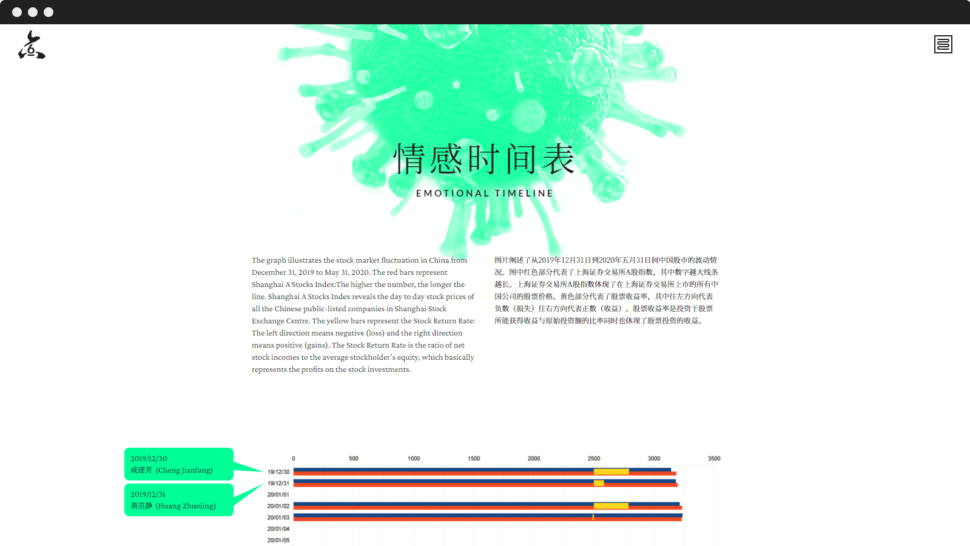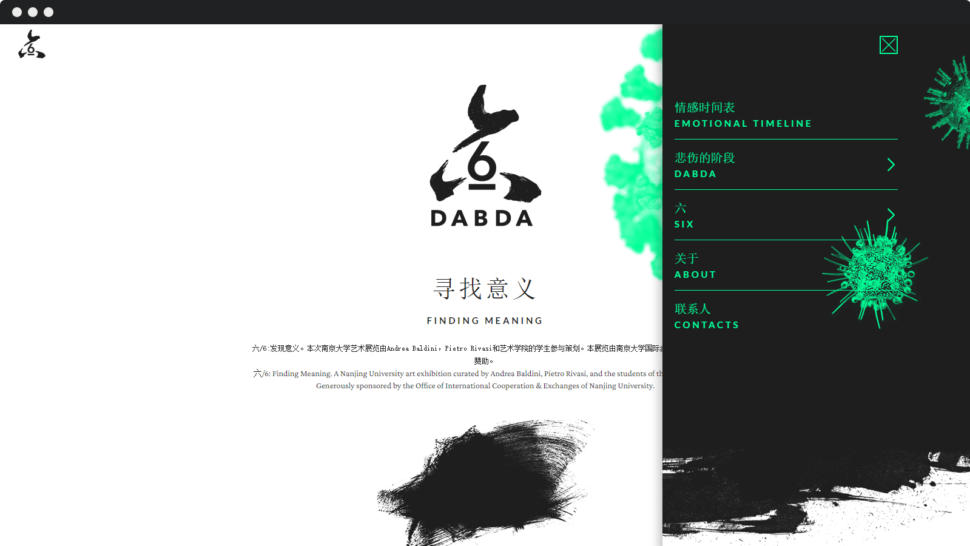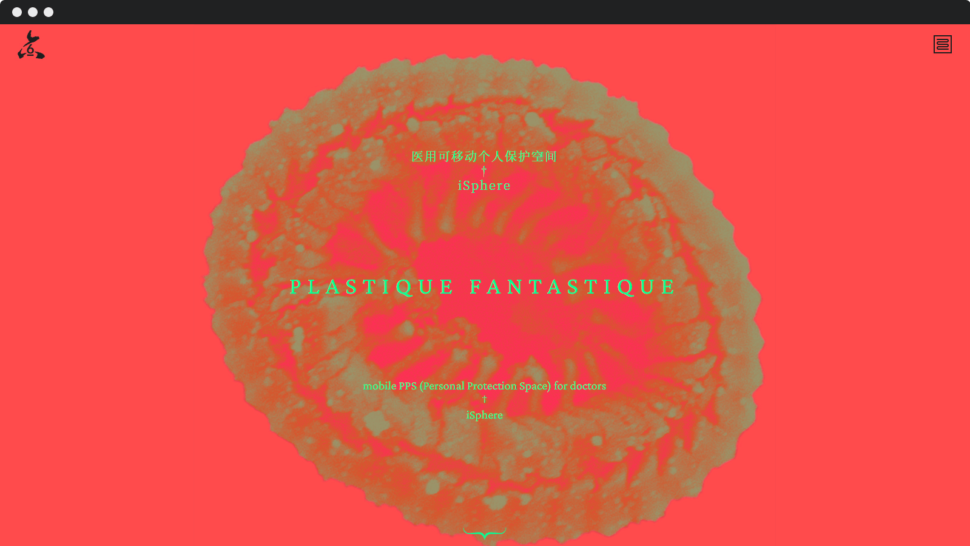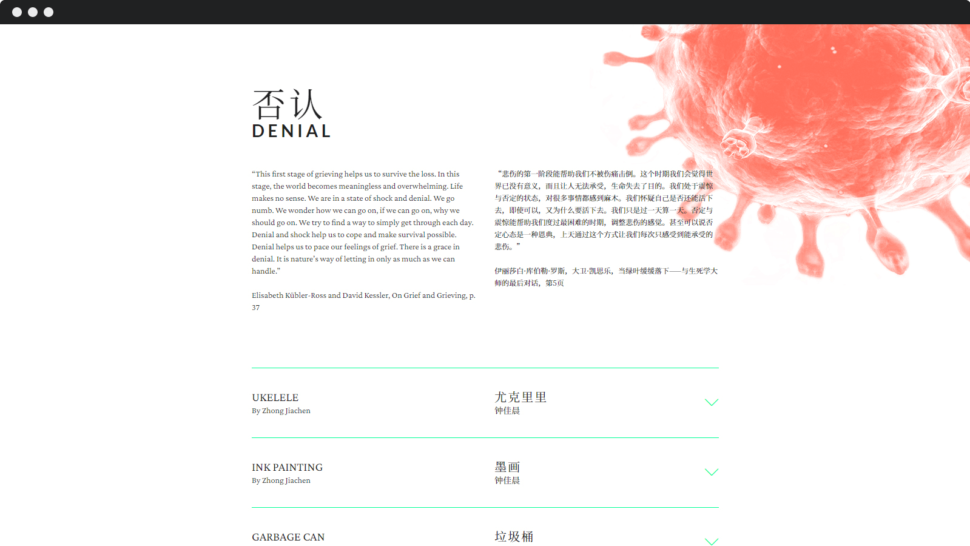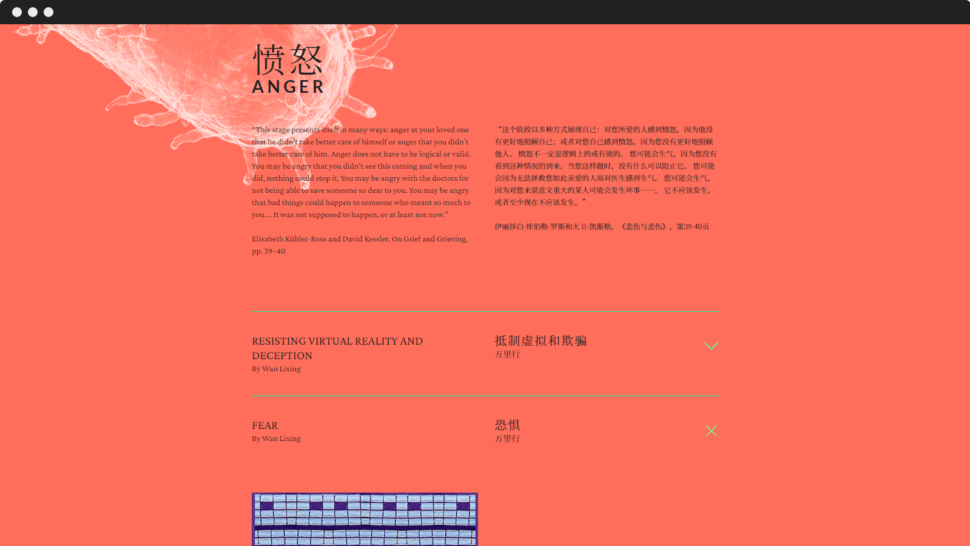Life as we knew it was flipped on its head with the wake of the pandemic. For Andrea Baldini, this became a chance to connect people all around the world and share experiences through art. We helped build the platform to bring his exhibition Finding Meaning to reality.
Finding Meaning
An unlikely opportunity
The COVID-19 pandemic changed everything. For Andrea Baldini, professor at Nanjing University, this life-changing event became an opportunity. Instead of letting it ruin his plans for the semester, he decided to curate an online exhibition themed around the pandemic and the five stages of grief. Connecting with artists from all around the world, Baldini worked out the design and structure of the exhibition with Difforme Studio. All they were missing was someone to help build it. That was when they reached out to Maples Design.
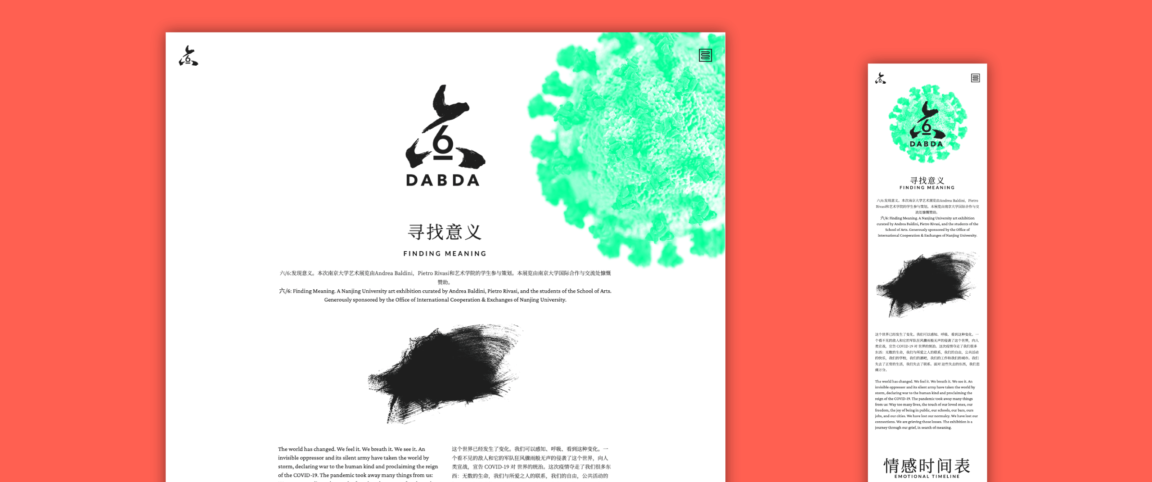
Connecting China and the world
With a lineup of global artists, the exhibition needed to load well from all around the world. However, as this was also a project for Nanjing University students, the website needed to work well from within China. Finding a server that would be able to serve both needs proved to be a challenge.
The main issue with hosting a website in China is the difficulty of accessing it from outside of China (check out our blog post “How to create a website in China” for more on that). Users often experience slow connections, and many have trouble connecting at all. The opposite is also true for websites outside of the mainland. Many global sites are slow when loading from within China. Hong Kong, however, is often seen as the bridge between the mainland and the rest of the world. Situated at the south-eastern border, its physical location provides a geographical advantage. After doing some research, we were able to find a server situated in Hong Kong that provided good speeds from within China as well as great speeds from around the world.
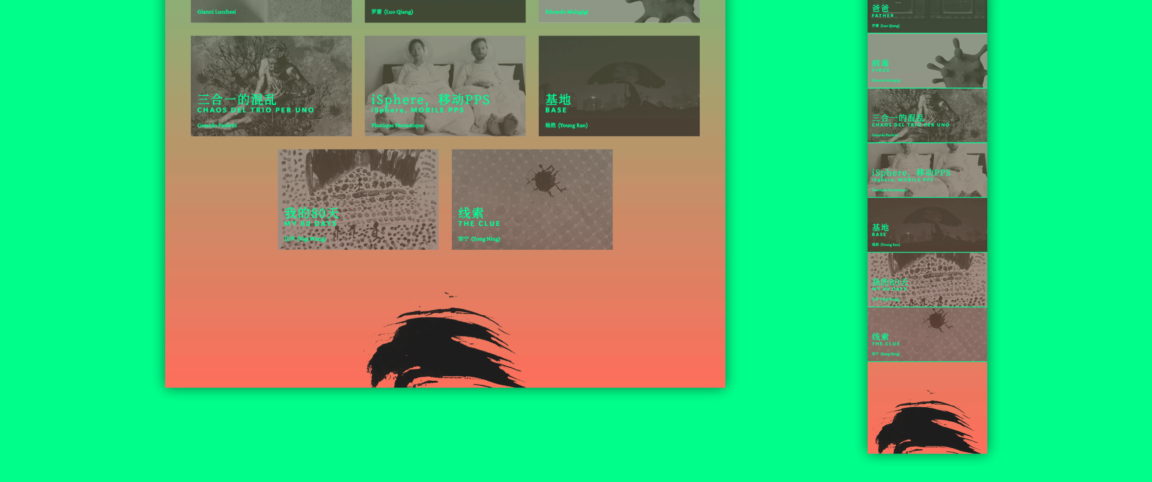
Managing an (online) art exhibition
Similar to a physical exhibition, there was a lot of content to manage. Every artist had numerous images and videos, an essay, artwork write-ups, and a biography. There were also many other pages to curate, including DABDA and the Emotional Timeline. With so many pieces, there needed to be a sensible way to store all the information without overloading the server when requesting the pages.
With the use of WordPress custom fields and our own block structures, much of the content was able to be managed quite seamlessly. Even with the vast amount of data, storing it all became a breeze. Changes to images, text, and videos could be made quickly and effortlessly while maintaining the visual aesthetics of the website.
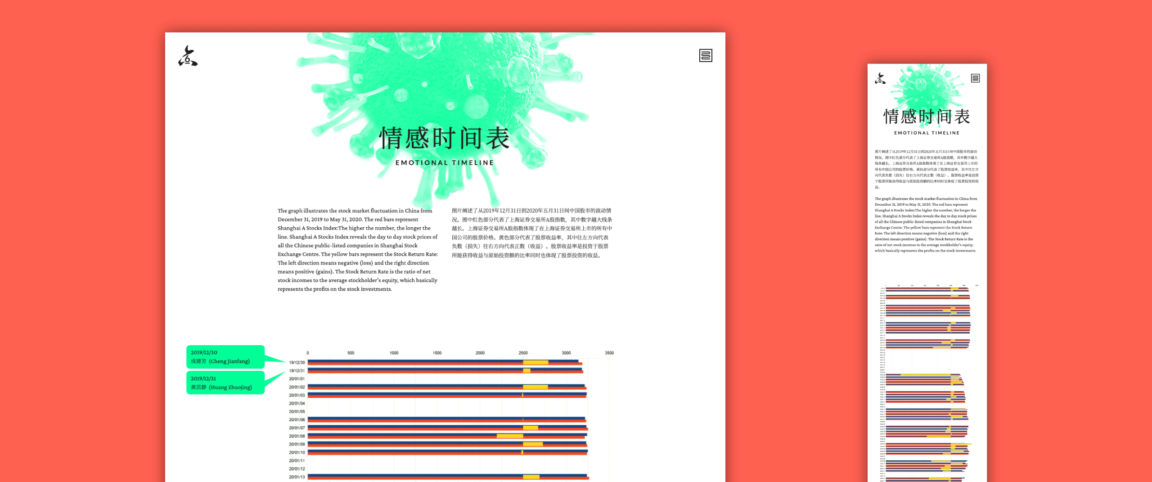
Knowing your (virtual) audience
Video files are usually quite large in size. With data transfer costs from the server, it is often prohibitive to serve videos from the server hosting the website. This posed a cost challenge of displaying the videos to the global audience.
After exploring a few options, we decided to use video hosting platforms with geolocation. It is well-known that YouTube does not work within China. However, there are various other video hosting platforms in its place, one of the most popular being Youku. By utilizing geolocation, we were able to detect where users were connecting from. For those users visiting from within China, we served the video from Youku. For those outside of China, we served the video from YouTube. This solved the issue of data transfer costs while also ensuring the videos loaded quickly, no matter where the user connected from.
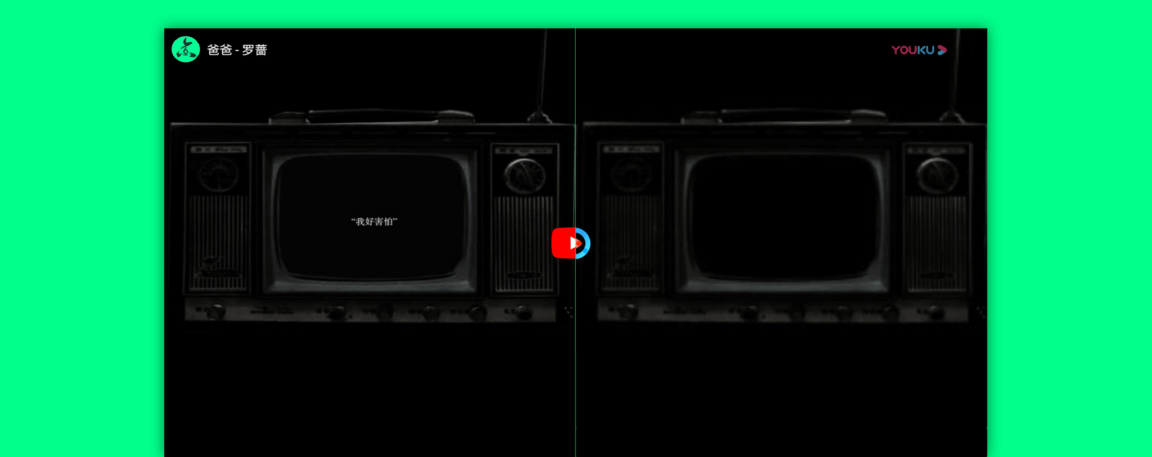
Finding meaning
As of this writing, the COVID-19 pandemic is still a global issue. Many have lost important things and loved ones. Grief and loss have become normalized. However, through this exhibition, Baldini has attempted to capture this emotional disturbance and confusion in the hopes that people can come to find meaning in their own experiences.
Maples Design was always keen to listen to our needs and requests in a very positive way. The result is outstanding, better than I anticipated.
Andrea Baldini, Professor
